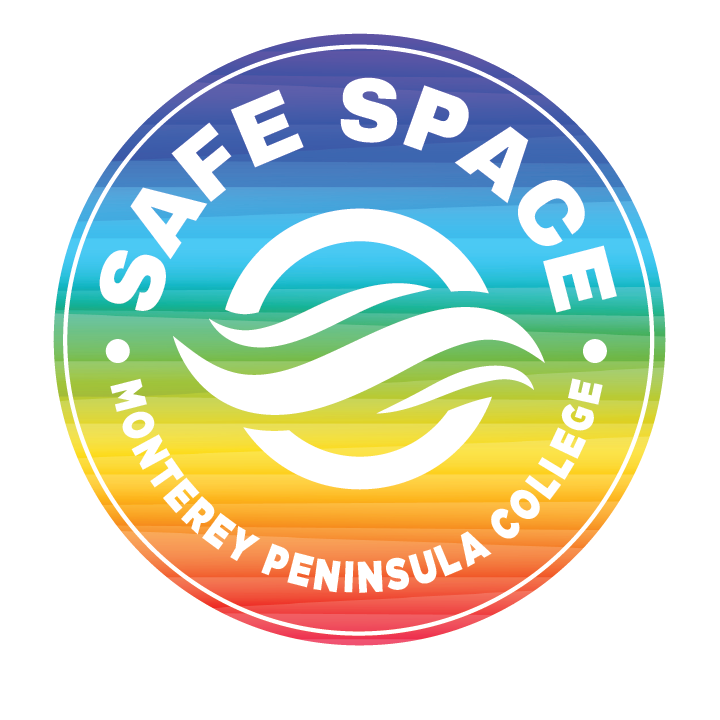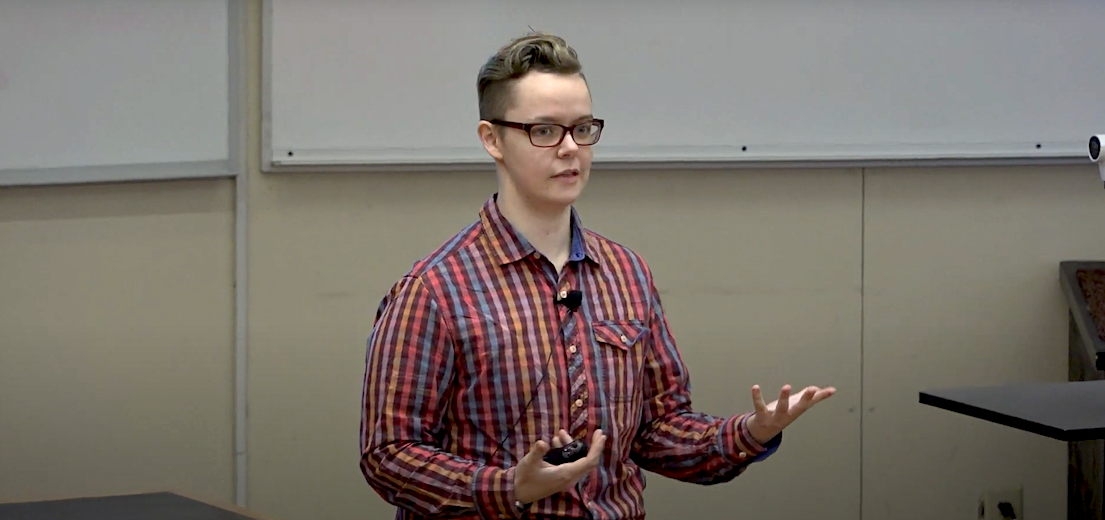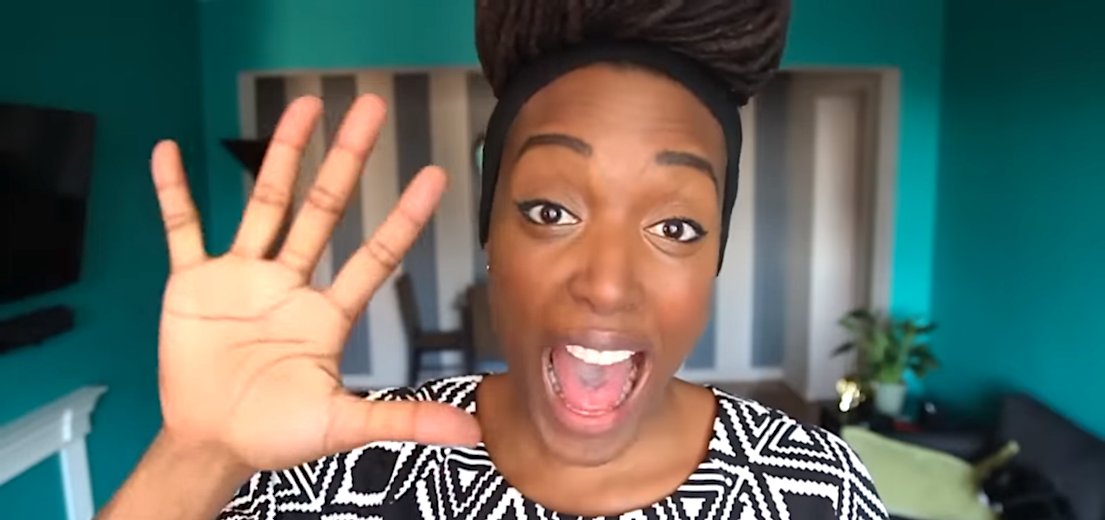MPC is dedicated to fostering an inclusive and supportive environment for the LGBTQIA+ community. Our Safe Space Workshops and Safe Zone Training sessions offer valuable opportunities for individuals who want to be allies and advocates, equipping them with terms and skills to openly communicate support and understanding and further develop LGBTQIA+ identities.
Have Questions?
Director of IDEAASafe Space Workshops

The Safe Space training, open to any student, faculty or staff member, is designed to support all members of the LGBTQIA+ (lesbian, gay, bisexual, trans spectrum, queer/questioning spectrum, intersex, asexual, Two-Spirit, and all underrepresented sexual, gender, and/or romantic identities) campus community.
The workshop will assist anyone who would like to be trained and publicly identify as an ally on campus in exploring and increasing their own awareness and knowledge of the LGBTQIA+ community and its history. Participants will receive information on relevant definitions, terms, symbols, and experiences from LGBTQIA+ students about campus climate, identity development, ways to be a visible ally, and resources for the LGBTQIA+ and ally communities. This workshop impacts Monterey Peninsula College environmentally and culturally through its commitment to creating a welcoming environment for all LGBTQIA+ community members.
Register for a Safe Space Workshop
Safe Space Workshops are introductory sessions to assist individuals who wish to support the LGBTQIA+ community at Monterey Peninsula College. Safe Space Workshops cover:
- Definitions, terms, and symbols
- LGBTQIA+ Identity development
- Skills to interrupt heterosexist and cissexist behaviors and attitudes
- Resources for the LGBTQIA+ communities
RSVP for one of the sessions—space is limited to 30 people per session. We look forward to your participation.
Request a Departmental Workshop
If you have a group of at least 10 people who would like to participate in a Safe Space Workshop, the Safe Space training team will work with your group to host a departmental workshop. We ask for at least a month's notice.
SAFE SPACE WORKSHOP REQUEST FORM
Safe Zone Training
You may have seen a sticker or sign that says “Safe Zone” or “Safe Zone Trained.” These visual indicators can mean a variety of thing. Most often we find they indicate that the person displaying the sticker has gone through a Safe Zone training and wants to communicate to others that they are open to talking about and being supportive of LGBTQ (Lesbian, Gay, Bisexual, Transgender, and Queer/Questioning +) individuals and identities.
Monterey Peninsula College LGBTQIA Safe Zone Program aims to increase awareness of the lesbian, gay, bisexual, transgender, queer/questioning, intersex, and asexual (LGBTQIA) communities on campus, to support the college’s efforts to promote an accepting, supportive, and diverse learning environment, and to create a welcoming and tolerant environment for all members of the campus community.
 Play Video
Play Video
LGBTQIA+ Vocabulary
Vocabulary is essential to understanding and exploring LGBTQIA+ issues and identities. Often times folks use specific identity labels to find community and a sense of connection with others who feel and understand identity similar to their experience of identity. Part of speech, whether a word is a noun, verb, adjective, etc. is an essential part of vocabulary.
This is because for a number of words (ex. queer, gay, and trans*(gender) they should only ever be used as adjectives and never as nouns. Adjectives modify the person whereas nouns may feel they reduce that person down to that identity. Adjectives, therefore, are always a bit safer to opt for.
Advocate On & Off Campus
Printable All Genders Welcome Sign
Five Tips for Being an Ally
 Play Video
Play Video
Pronouns
- Why focus on pronouns?
You may have noticed that people are sharing their pronouns in introductions, on name tags, and when GSA meetings begin. This is happening to make spaces more inclusive of transgender, gender nonconforming, and gender non-binary people. Including pronouns is a first step toward respecting people’s gender identity, working against cisnormativity, and creating a more welcoming space for people of all genders.
- How is this more inclusive?
People’s pronouns relate to their gender identity. For example, someone who identifies as a woman may use the pronouns “she/her.” We do not want to assume people’s gender identity based on gender expression (typically shown through clothing, hairstyle, mannerisms, etc.) By providing an opportunity for people to share their pronouns, you're showing that you're not assuming what their gender identity is based on their appearance. If this is the first time you're thinking about your pronoun, you may want to reflect on the privilege of having a gender identity that is the same as the sex assigned to you at birth.
- Tips for Gender-neutral Language:
-
-
- If you feel comfortable, introduce yourself with your pronouns as a model. For example: “Hi, I’m Anjelique. I use she/her and they/them pronouns” or “I’m Milo, and I use they/them pronouns.”
- Practice, practice, practice! Use gender-neutral pronouns such as “they” and “ze” while visualizing the person who uses them.
- Whenever possible, take the lead from the transgender and GNC students and educators in your school, especially during the planning stages.
- Welcome feedback, and be ready to make adjustments as you continue to make your spaces more inclusive: “If you have any feedback for us on how to make this GSA a more welcoming space for transgender, gender nonconforming and gender non-binary people, please let us know!”
- When addressing groups of people or people whose pronouns you haven’t been told, use gender-neutral language such as, “friends,” “folks,” “all,” or “y’all,” rather than “guys,” “ladies,” “ma’am,” or “sir.”
-
More information for Creating Safe and Inclusive Classrooms available at: www.glsen.org/educator